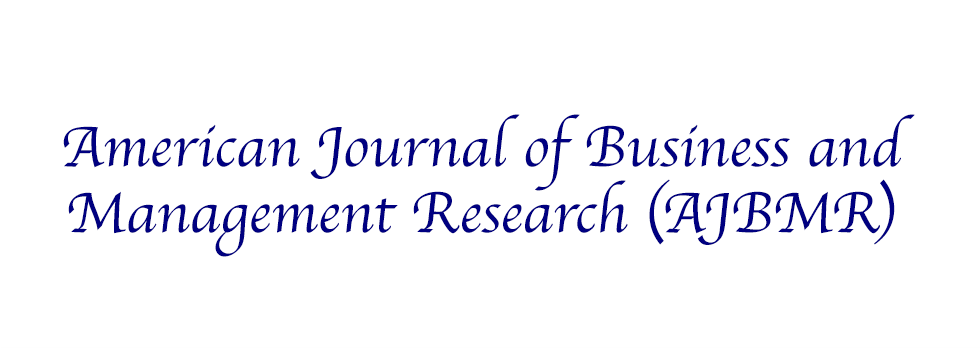Abstract
Today’s globalized world is making the organizations to face the huge problem of SUSS (Susceptibility, uncertainty, sophistication and sustainability) in the business environment. This proactive business environment is stimulating the business leaders to design certain levers and models to cope with the uncertainty in business. To enhance business performance and to gain competitive advantage designing an effective Talent Pool is of utmost important. Thus HR Analytics is the only tool which can help companies to recruit the right talent, organize them correctly and retaining the high performers. Masese Omete Fred, Dr. Uttam. M.Kinange (2015) defined HR Analytics as a data-driven framework for solving workforce problems using existing information to drive new insights. It helps in decision making process with a combination of software and methodology that uses statistical models to employee related data, allowing enterprise leaders to optimize human resource management .The basic purpose of this paper is to study whether HR Analytics is a myth or reality in an organization. To support the purpose a model “BLEND” has been designed to evaluate five perspectives of HR Analytics i.e. Business objectives, Leadership initiatives, Establishment technically upgrading , Negotiating with HR metrics, Data Analysis and Integration. The Model is validated by a survey of a sample of 22 respondents consisting of 5 HR executives and HR managers of logistic companies and 17 HR executives and HR managers of manufacturing companies in West Bengal. A Questionnaire based on Renesis Likert 5-point Scale is designed on the basis of five perspectives of Model “BLEND” of HR Analytics in Sales and Marketing Division in the above companies. The value of Cronbach’s alpha of the questionnaire is 0.9501 and validity of the questionnaire is tested through content validity. The data is analysed by Kruskal – Wallis (or H test) a non-parametric test which is analogous to the one-way analysis of variance which revealed that there exists a significant difference of HR analytics perspectives between manufacturing and logistics companies. The percentage analysis of data revealed that HR analytics of manufacturing companies is ahead of Logistic companies as per the model “BLEND”.
Recommended Citation
Dey, Dr. Mandira
(2024)
"HR Analytics: Is It A Myth Or Reality In An Organization?,"
American Journal of Business and Management Research (AJBMR): Vol. 2:
Iss.
1, Article 1.
Available at:
https://research.smartsociety.org/ajbmr/vol2/iss1/1

